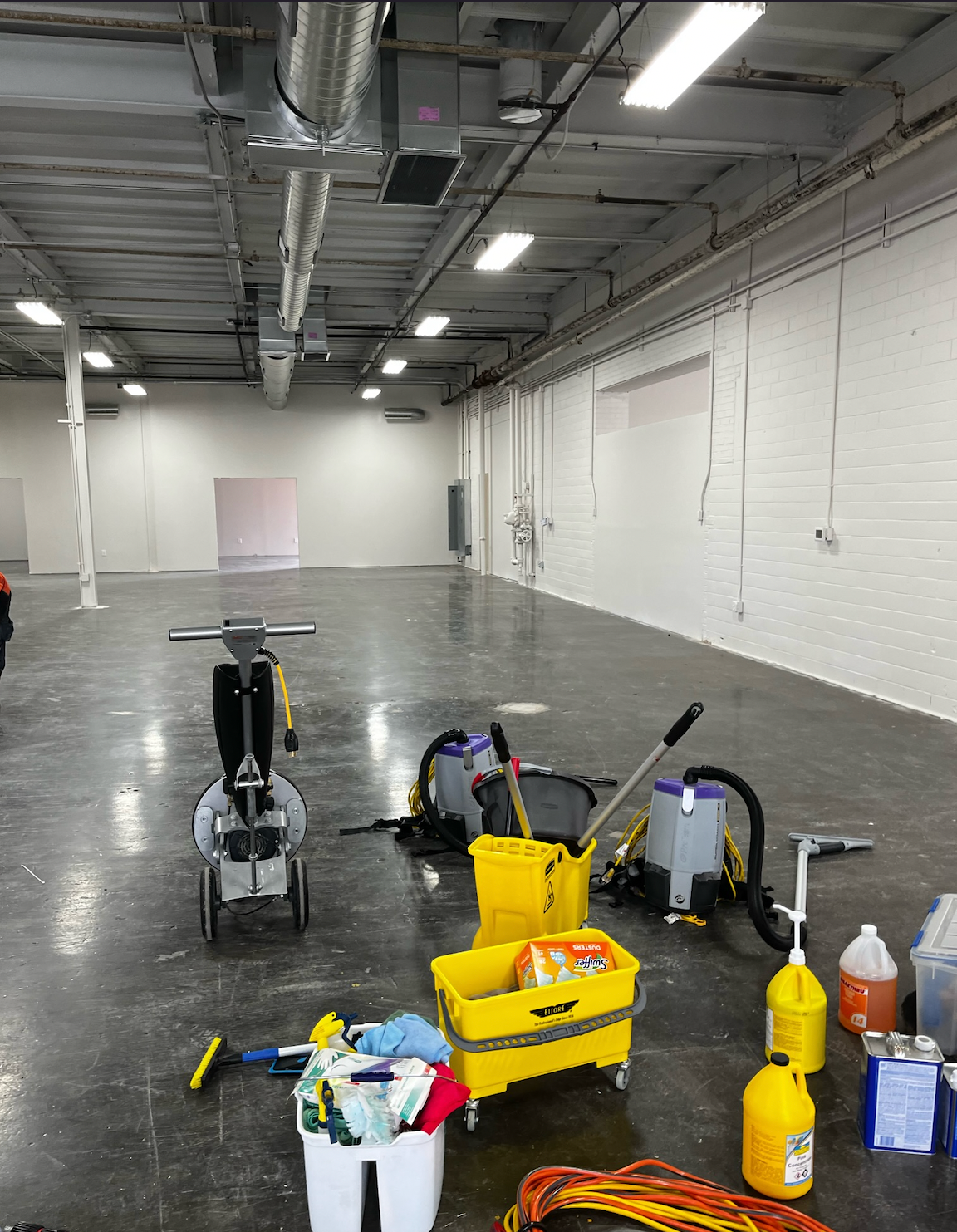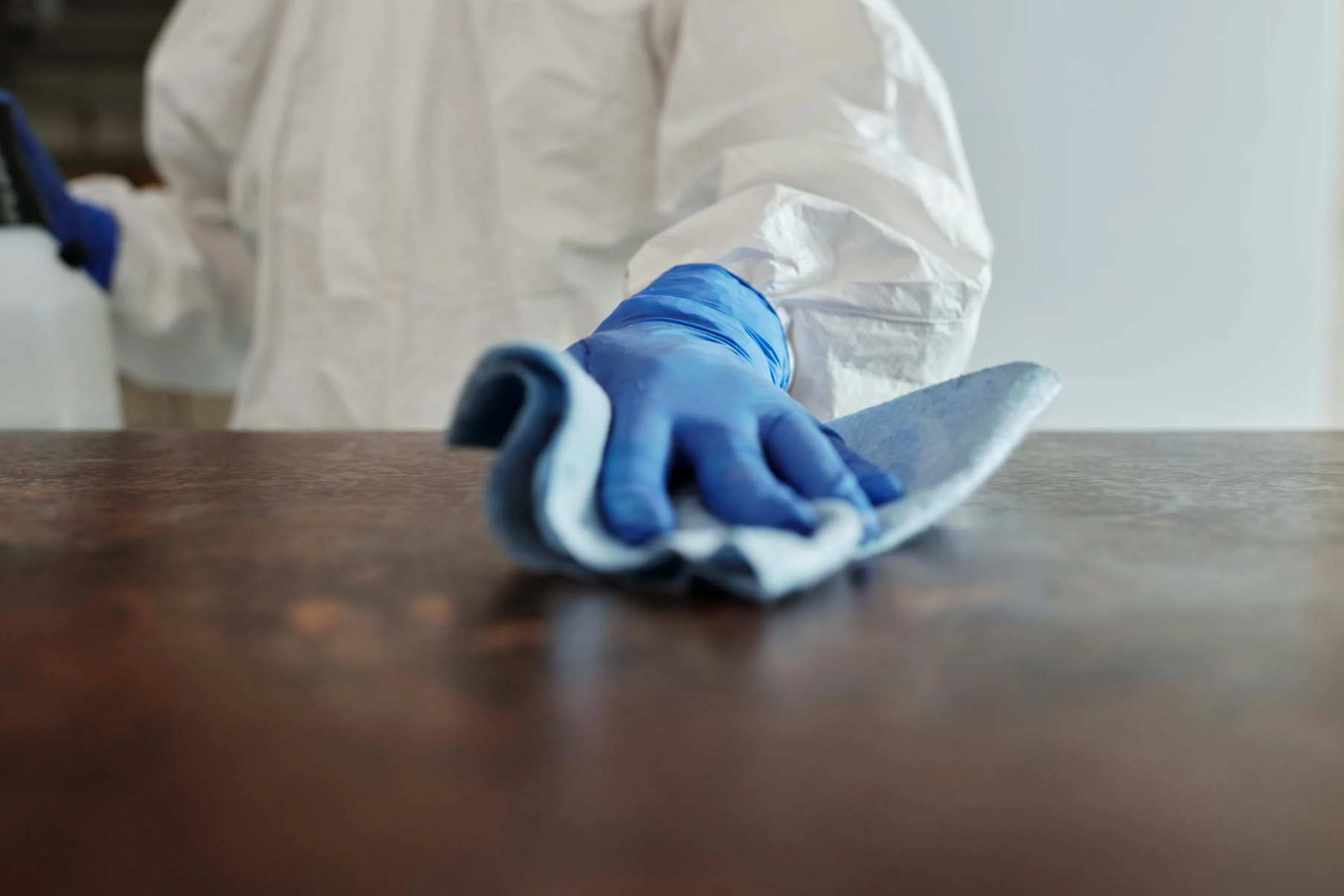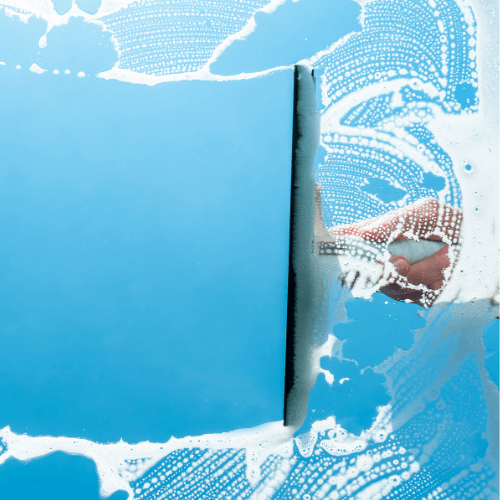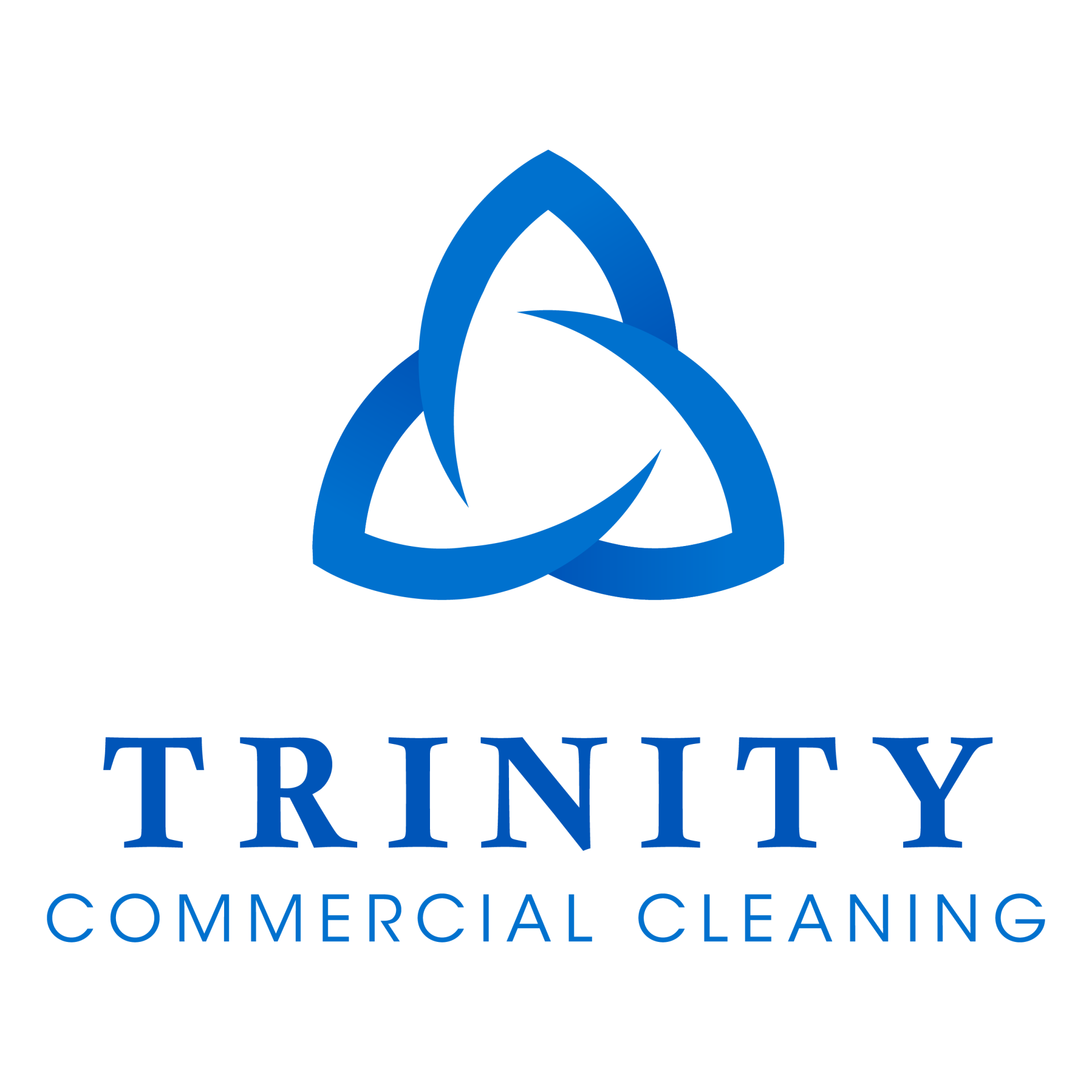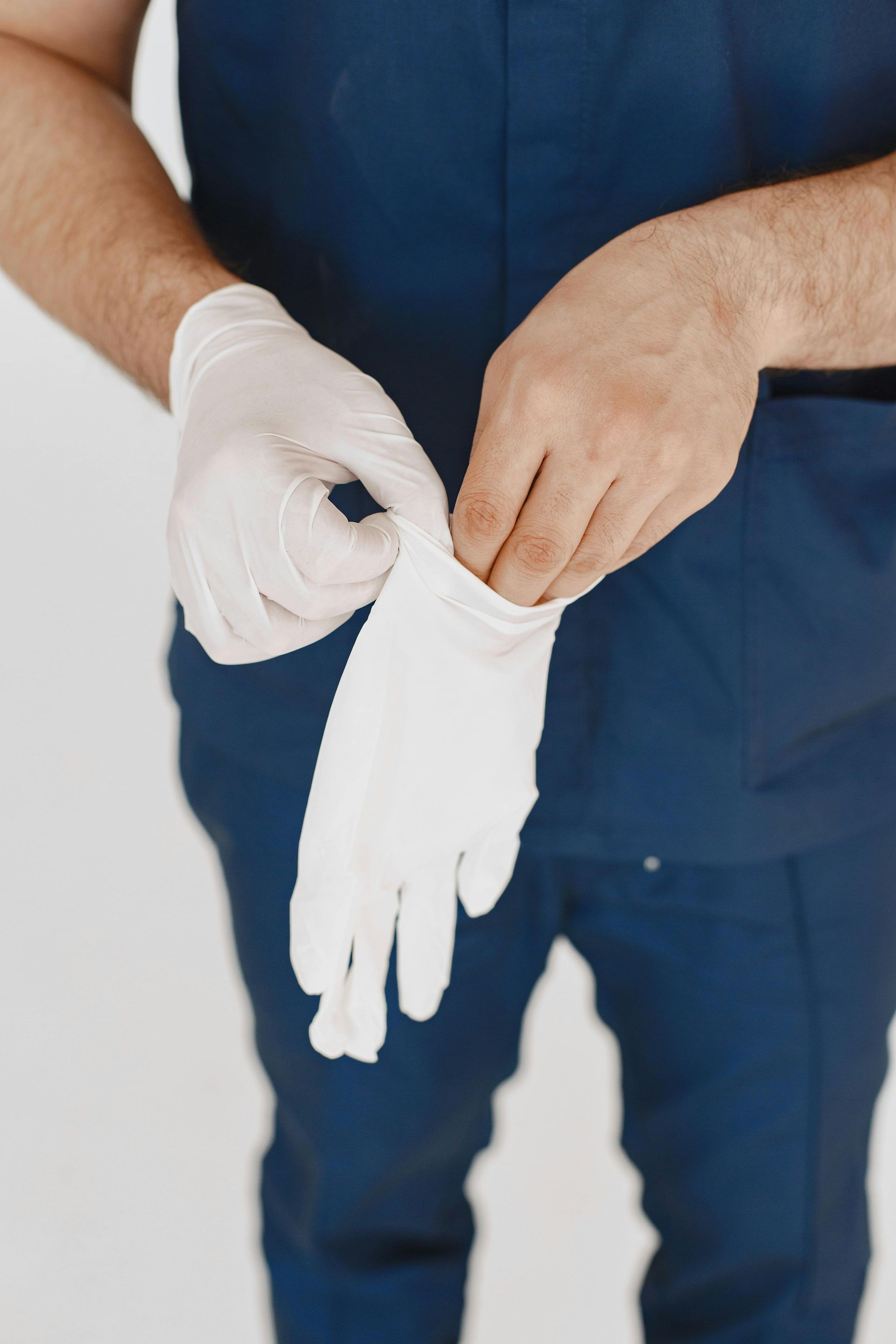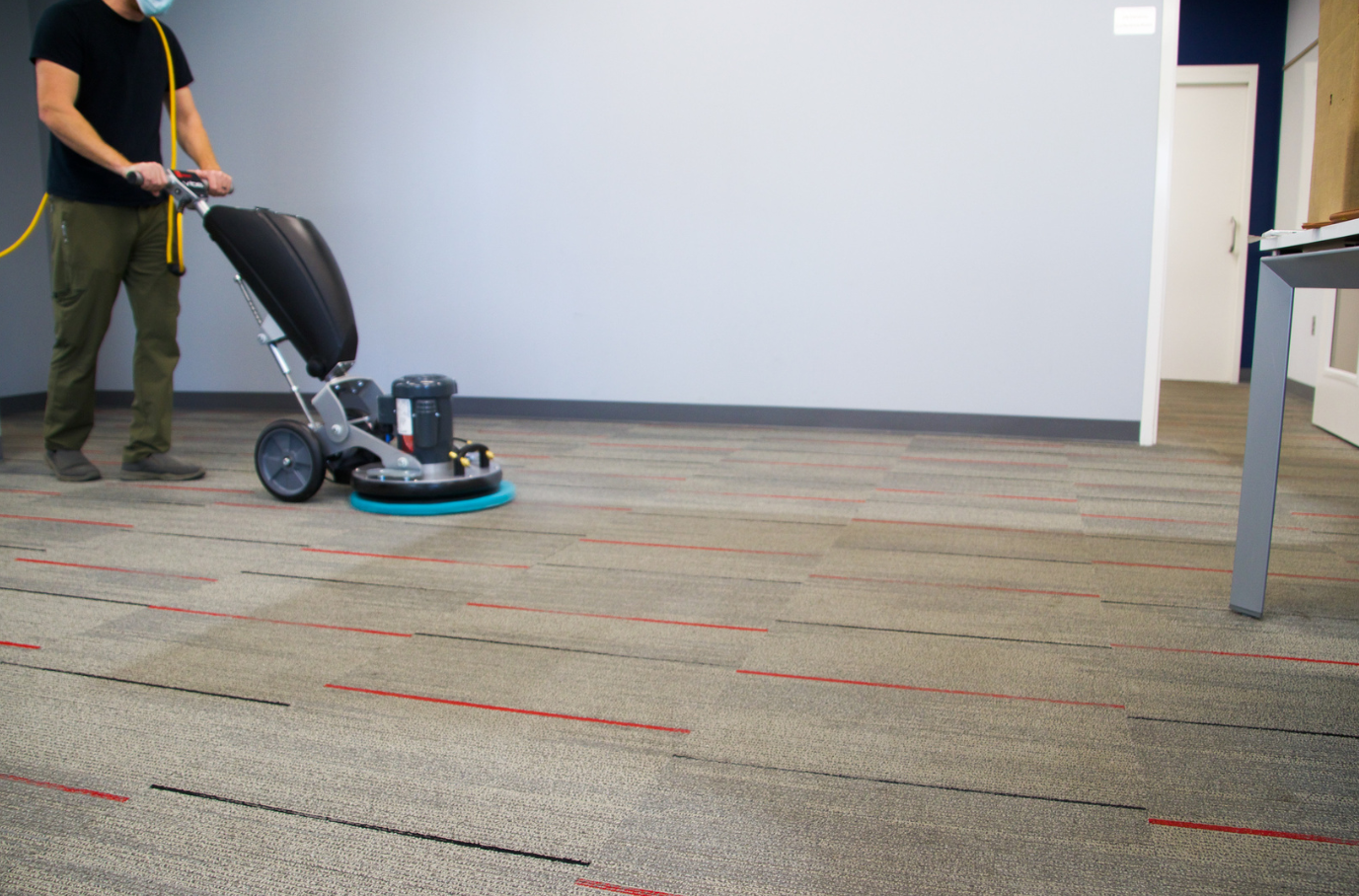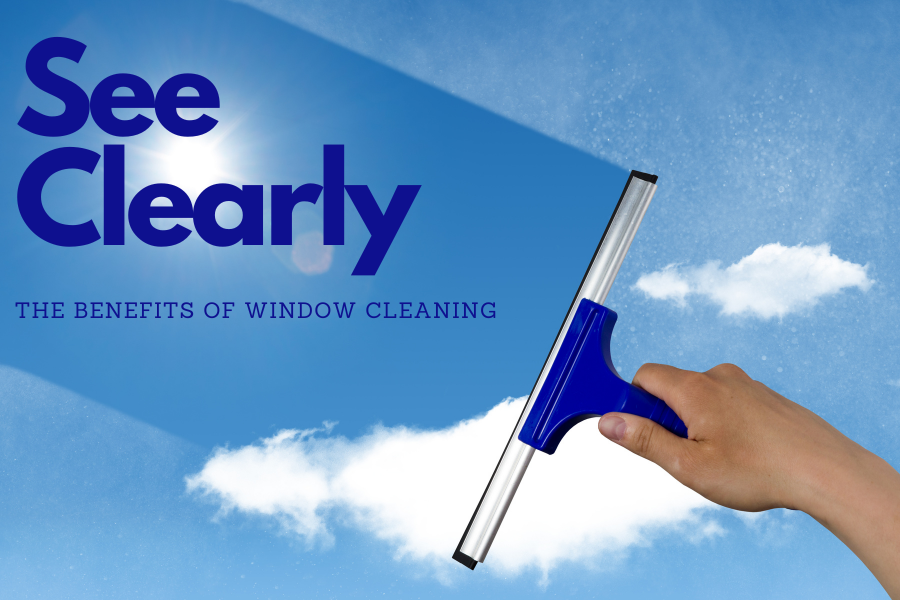Proper Storage and Disposal of Cleaning Supplies
If you are like most people, you cannot afford to have someone to clean up after you on a daily basis, leaving some or all of it up to you: to buy, store, use, and dispose of your cleaning supplies. Should be easy, right? Just load everything into a cabinet, closet or a spot in the garage or basement and be done with it all until cleaning time, right? Wrong.
Unless you are a serious ‘green’ cleaner and only use natural products, storing everything together is usually a recipe for disaster. The number one way to avoid that disaster? Keep the disastrous ingredients apart. If you read the labels on your cleaning products to see how to use them, you may have also glanced over something along the lines of, ‘do not store near…’, or, ‘do not store at…’. Read them and you’ll know.
But knowing is half the battle isn’t it? You know what you can and cannot store together and you know to avoid certain conditions when storing them, but not where to store them in your home. Things like the vacuums, mops, and brooms can be thrown into a single closet. The more numerous, smaller and deadlier cleaners are what need a little extra thought put into their placement. Mostly to keep them away from children and pets.
Everyone probably knows children can get into pretty much anything you don’t want them to and some pets are able to jump really high. A lesser known fact is probably how easy it is for some pets to figure out how to open cabinets and doors on their own. The solution? Your cleaning products need to either be somewhere too high to try, or somewhere isolated and locked. Shelves and cabinets are a good go-to. Just make sure the shelves are thick enough and mounted properly to hold a lot of weight and the cabinet has a lock. Putting them somewhere in the basement, garage, or attic is fine too as long as those rooms’ usual temperature doesn’t go against any of the chemicals’ storage directions.
If you want to get really creative, you can add extra shelves, rods, nails, and hooks to help add flexibility to your storage. Whether you do it yourself or trust someone else to do it, again, just make sure it’s strong: you wouldn’t want all your cleaning supplies spilling all over you when you open the door and reach for them. A really good idea I saw for organizing any items in a cabinet was installing a lazy Susan; a rotating plate you can easily spin around to better access your stored items instead of having to dig through them all. Another tip seemed a little much for the average self-cleaner, but if you sometimes trip on air like I do, then it’s worth it: you can use a tiered rolling cart to haul your cleaning supplies all over the house instead of carrying everything in your arms or in a plastic bin you could drop. Trinity Commercial Cleaning uses these tiered carts at many locations. You would still have to carry it up or down stairs (there are caddies with handles that are great for this), but it could save you a few trips if you’re doing some serious cleaning. (1)
Now that everything is safely stored, you can finally clean in peace, knowing when you are done, you can safely store all of your supplies. Well, until your cleaning supplies are running on empty or they expire, anyways. Yes, cleaning supplies, especially chemicals, have a ‘use before…’ date just like many drugs and food products. The best thing to do is to try and use every last drop, unless they are expired. Expired cleaning products can still clean, but they have lost most of their effectiveness. Maybe use the rest up on some light cleaning instead?
Unless the label says otherwise, it is usually safe to dump cleaners in the sink. Most chemical cleaners are still water-based, so if you pour it out, then flush it out with lots of water, it should be fine. Especially if you plan to dump out multiple cleaners. You need lots of flushing in between pouring each cleaner out. For power cleaners, dump it in small doses so it doesn’t clump and still flush lots of water in between. Something you should never, ever mix are products that contain chlorine bleach and products that contain ammonia. It creates a toxic chemical gas that really irritates your senses. Honestly, if I needed to dump cleaners that contained those ingredients, I would do the one, and then the other after a full day of sink use to make sure they have no chance of coming into contact with each other. (2)
Once your cleaners are safely disposed of, read the label to see if it says anything about disposing the container your cleaner came in. Most are recyclable or can be thrown away in the common trash, but if the product is labeled as hazardous, you may not dump the cleaner or dispose of its container normally. When you’re stuck with a hazardous product or container, or it’s non-hazardous but doesn’t tell you if it’s safe to dump or not, your best option is to contact the manufacturer for exact answers. (2)
A third option to safely dispose of your cleaners besides using them up, or dumping them out, is to give them away. Even if they are not brand new, someone might appreciate the chance to try a new cleaning product without having to spend any money on it. It’s a win-win for everybody; they get a ‘free sample’ and you were able to ‘dispose’ of your cleaner in a safe way. Now to restock!
Stay Sparklin’,
Gwen
